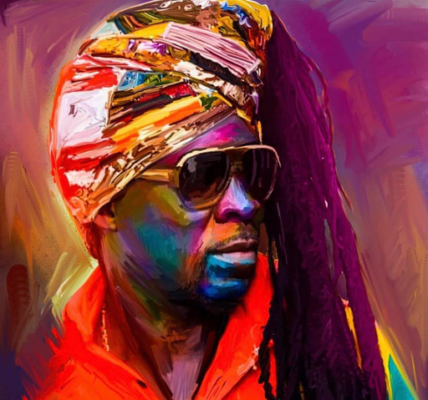Castro, born Theophilus Tagoe, was a Ghanaian musician and performer whose vibrant tunes, infectious energy, and charismatic stage presence made him a beloved figure in the Ghanaian music scene. Born on May 1, 1982, Castro rose to fame with his unique blend of hiplife, azonto, and highlife genres, leaving an indelible mark before his mysterious disappearance in 2014.

Castro’s journey into music began in the vibrant streets of Takoradi, where he honed his craft from an early age. His talent as a singer and songwriter quickly became evident, and he ventured into the music scene with a passion that would eventually make him a household name in Ghana.
Castro gained widespread recognition with his hit single “Sradinam” in the early 2000s. The song’s success catapulted him into the limelight, and he became known for his ability to create music that resonated with diverse audiences.
One of Castro’s strengths was his collaborative spirit. He collaborated with numerous artists, including Sarkodie and Asamoah Gyan (Baby Jet), producing chart-topping hits such as “African Girls,” “Do the Dance,” and “She Dey Do Me.” His contributions to these collaborations showcased his versatility and ability to fuse different musical elements.
Castro played a significant role in the popularization of the azonto dance craze. His hit songs, often accompanied by infectious dance moves, became anthems that defined a generation and contributed to the global recognition of Ghana’s music and dance culture.
Beyond his musical talent, Castro was known for his charismatic stage presence. His live performances were electrifying, and he had a unique ability to connect with his audience. Whether on stage or in music videos, Castro’s energy was contagious, making him a favorite at events and celebrations. One of my favorite tracks that Castro ever sang was when he featured on Adonai with Sarkodie.




Tragedy struck in July 2014 when Castro went missing during a vacation with friends at Ada Estuary. Despite extensive search efforts, he was never found, leading to speculation and conspiracy theories surrounding his disappearance. The unresolved nature of Castro’s case left the Ghanaian music community and fans in a state of mourning and uncertainty.

Castro’s legacy lives on through his music, which continues to be celebrated by fans in Ghana and beyond. His contributions to the evolution of hiplife and the azonto movement have had a lasting impact on Ghana’s music landscape.
In the years following his disappearance, Castro has been remembered and honored in various ways. Events, tributes, and discussions continue to highlight his influence on Ghanaian music, and he is remembered not only for his artistic contributions but also for the joy he brought to countless fans. Castro’s story is one of both musical brilliance and tragedy. His contributions to Ghanaian music, especially during the azonto era, are celebrated, and his impact on the industry remains a testament to his talent and the joy he brought to fans.
written by Felix Kwasi Annan



